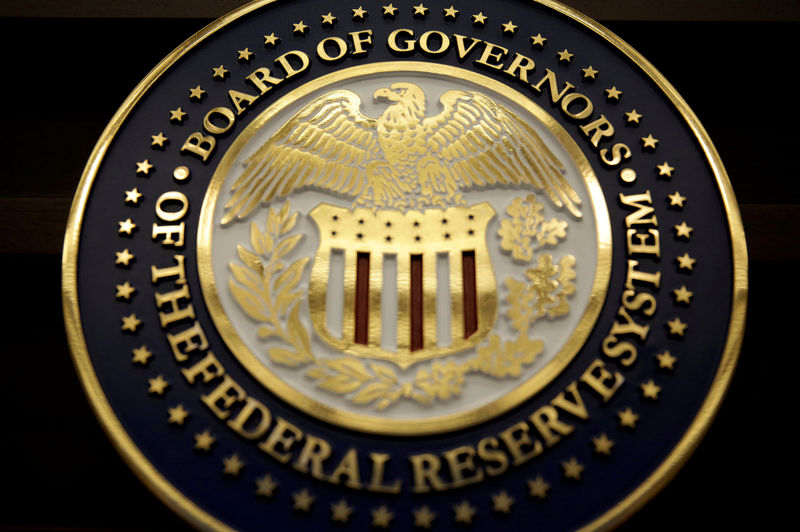(Bloomberg Opinion) -- One of the most potentially consequential parts of the Federal Reserve minutes published this week was tucked into a brief paragraph near the end. How’s that for clear communication?
Transparency is in fact the subject of the item, which announced that Vice Chairman Richard Clarida would lead a subcommittee on the Fed's interactions with the public. How the Fed conveys its views is becoming even more critical as officials shift toward making interest rates a bit more restrictive.
Success in Clarida's operation would go a long way toward determining whether the Fed can successfully steer investors, executives and consumers through the end of the long economic expansion. Failure would compound the central bank's challenges and only invite more unhelpful barbs from President Donald Trump.
Vice chairs typically get tasks like this. Janet Yellen performed a similar role for Ben Bernanke. But a lot has changed. New chairman Jerome Powell isn't a fan of the crisis-era Fed framework, the most iconic face of which is the “dot plot” – a constellation of Fed members’ predictions for interest rates.
Top policy makers also want to escape from forward guidance, the practice of explicitly projecting a future path for borrowing costs. The idea is that policy no longer needs to be loose, inflation is no longer too low and the Great Recession is so far behind that all this paraphernalia has outlived its usefulness. Fair enough. The catch is that many people in markets became addicted to that information, no matter how much they complained about a lack of volatility. Rehab is gonna be tough.
A classic example is the jump in bond yields that followed Powell's Oct. 3 remarks to Judy Woodruff at a conference in Washington. Powell said, “we're a long way from neutral at this point, probably.” On their face, the remarks implied plenty more rate increases. The preceding week the Fed had ditched the word “accommodative” to depict the stance of policy, a step widely seen as indicating the Fed was approaching “neutral.” (Neutral is a vaguely defined area where the rate of interest neither spurs nor curbs activity.)
Minutes of the meeting didn't contain a turn of phrase like Powell's to Woodruff, though they did discuss in more carefully crafted terms the prospect of being a bit restrictive. The incident is instructive because it shows what can happen when there a mismatch – in tone, at least – between formal communications and more extemporaneous comments.Powell wants to have more interactions with the media; next year there will be a press conference after each FOMC meeting rather than just four times a year. More transparency is almost always a good thing, but as the form of communication evolves things can get tricky.
Clarida should be able to pull this off. He's tackled policy and interpretive issues from a number of vantage points: teaching at Columbia University in New York, advising George W. Bush's first two Treasury secretaries and working at the bond giant Pimco.
It's only right that the Fed's exchanges with stakeholders evolve with the economy. The key is to avoid becoming too opaque during the good times and too communicative during downturns.
